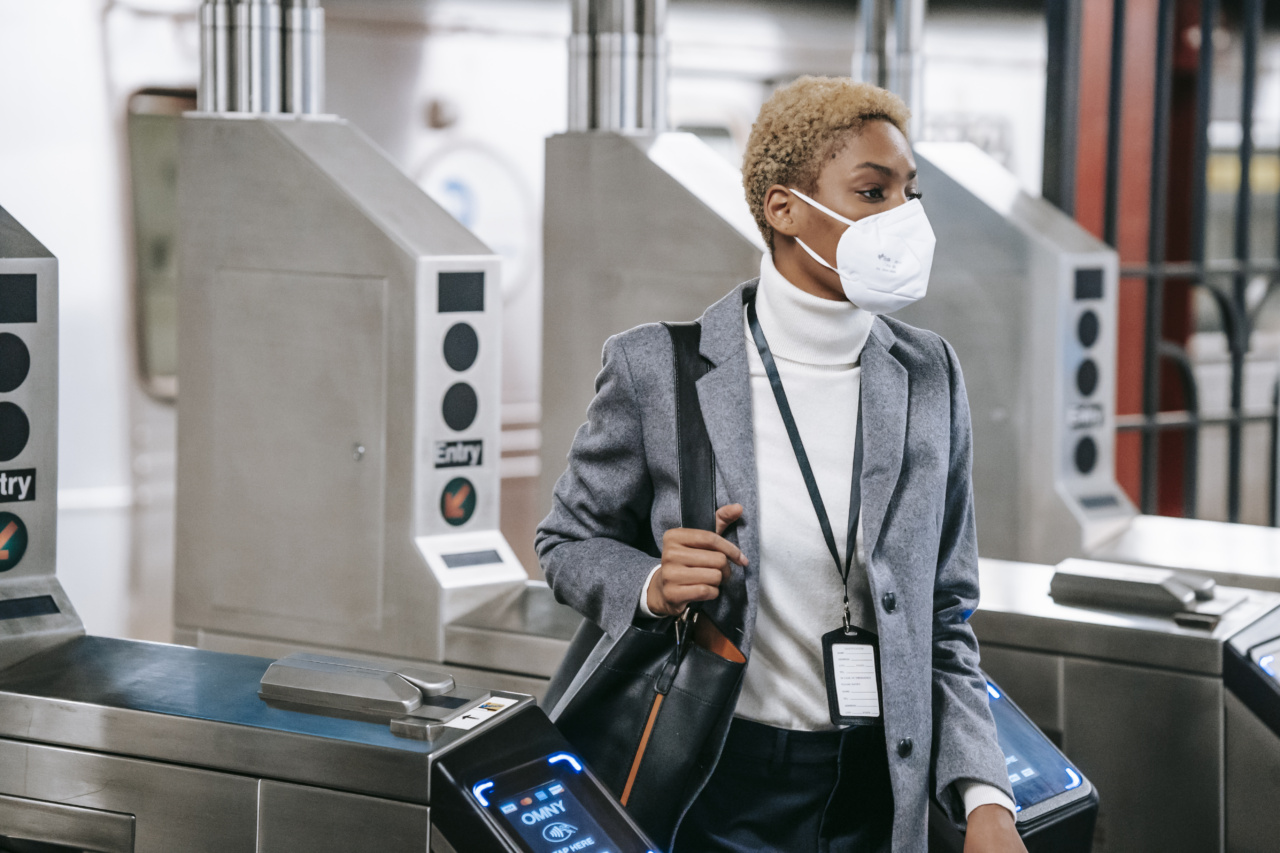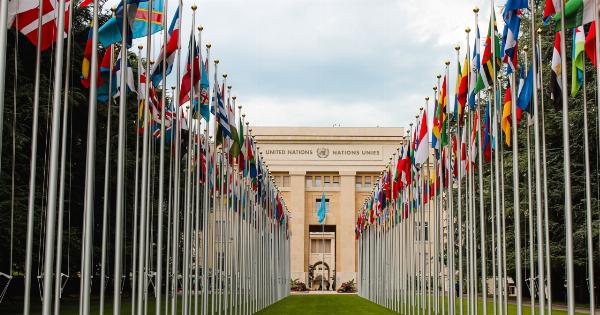Sucralose, a popular artificial sweetener commonly used in dietary products, has been declared safe for consumption by the European Food Safety Authority (EFSA).
After conducting an in-depth review of all available data on sucralose, the EFSA has confirmed that there are no safety concerns associated with its use.
The EFSA’s rigorous assessment process
The EFSA is a renowned authority on food safety, tasked with evaluating and communicating potential risks associated with the food and beverages we consume.
In the case of sucralose, the EFSA’s experts reviewed a substantial body of scientific evidence, including both industry-sponsored studies and independent research.
Throughout the assessment process, the EFSA maintained complete transparency, making all relevant data and methodologies available to the public.
This commitment to openness ensures that the conclusions reached are not influenced by any external factors or biases.
What is sucralose?
Sucralose is an artificial sweetener that is approximately 600 times sweeter than table sugar, without containing any calories.
Its unique chemical structure allows it to pass through the body without being metabolized, which means it provides sweetness without contributing to an increase in blood sugar levels.
This characteristic makes sucralose particularly attractive to individuals who need to monitor their carbohydrate intake, such as those with diabetes or those following a low-calorie diet.
Extensive research supports sucralose’s safety
Over the years, numerous scientific studies have been conducted to assess the safety of sucralose. These studies have examined various aspects, including its potential effects on human health and its impact on the environment.
The EFSA’s evaluation of sucralose considered data on its metabolism, potential toxicity, and possible carcinogenicity.
The scientific evidence reviewed overwhelmingly confirmed the safety of sucralose, even when consumed at levels significantly higher than the normal dietary intake.
A comprehensive review published in the journal Food and Chemical Toxicology in 2019 analyzed available literature on sucralose and concluded that it poses no adverse health effects in humans, even at high doses.
Sucralose and diabetes
One of the advantages of using sucralose as a sweetener is its negligible effect on blood sugar levels. For individuals with diabetes or those trying to manage their weight, this makes it an excellent alternative to sugar.
Research has shown that substituting sugar with sucralose can help individuals with diabetes achieve better glycemic control, as it does not cause the same spikes in blood sugar levels.
Additionally, sucralose does not contribute to dental cavities, making it a favorable choice for oral health.
Regulatory authorities worldwide approve sucralose
The EFSA is not the only regulatory body to confirm the safety of sucralose. Numerous other organizations around the world, including the U.S.
Food and Drug Administration (FDA) and the World Health Organization (WHO), have also examined the scientific evidence and concluded that sucralose is safe for human consumption.
These approvals are based on the extensive research conducted over several decades, which has consistently indicated that sucralose poses no significant health risks.
Sucralose vs. natural sweeteners
While sucralose has been deemed safe for consumption, some individuals prefer to opt for natural sweeteners. It is important to note that the safety profiles and sweetness levels of natural sweeteners can vary widely.
For example, stevia, a natural sweetener derived from the leaves of the stevia plant, is considered safe for consumption by regulatory authorities.
However, it is essential to choose the right form of stevia, as some commercially available products may contain additives or other ingredients that could affect its safety or taste.
Other natural sweeteners, such as agave syrup or honey, contain higher amounts of calories and may impact blood sugar levels more than artificial sweeteners like sucralose.
These should be consumed in moderation, particularly by individuals with diabetes.
In conclusion
The EFSA’s thorough review of scientific evidence has confirmed that sucralose is safe for consumption at normal dietary levels.
Regulatory authorities worldwide have reached similar conclusions, highlighting the extensive research supporting the safety of this artificial sweetener.
For those seeking sugar substitutes due to health concerns or dietary needs, sucralose provides a suitable alternative with a sweet taste and minimal impact on blood sugar levels.
However, individuals who prefer natural sweeteners should choose them wisely and be mindful of their potential health effects.




























